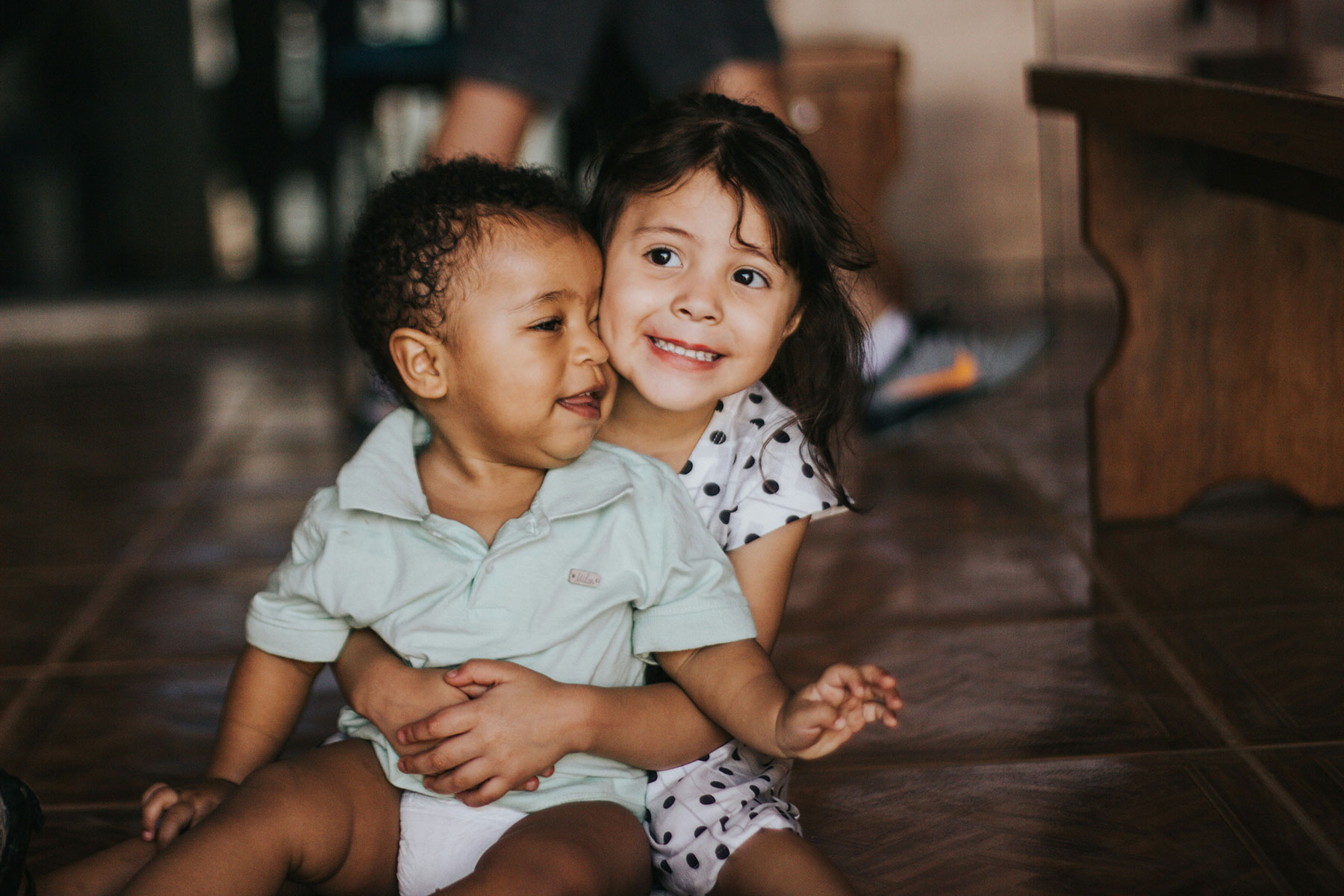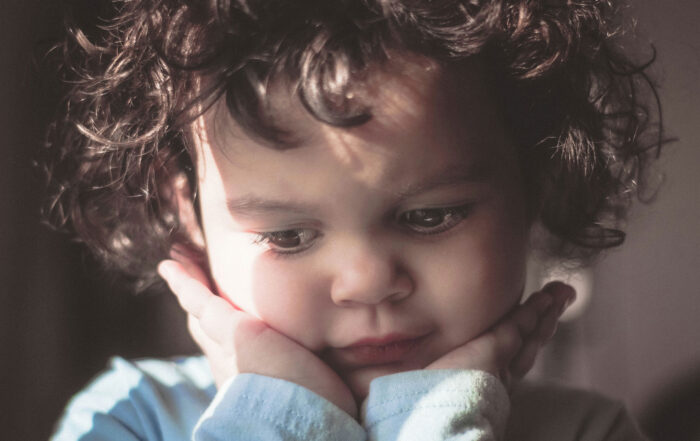
By Caroline Miller
When kids have behavior and attention issues in school, the first explanation that comes to mind is often ADHD. But exposure to trauma can also cause symptoms that look like ADHD. And trauma is often overlooked when kids are misdiagnosed with ADHD.
Children with ADHD can be fidgety (always getting out of their seats), distracted (not paying attention to the teacher), and disruptive in class. Kids who have had a traumatic experience – or repeated exposure to violence or abuse – do some of the same things. They are unusually sensitive to signs of danger or threat, which can cause them to be jumpy and unable to settle down. They may see people as out to get them, so are prone to lashing out. They may also have intrusive thoughts about traumatic events they’ve experienced, and that can make kids look spacey and distracted.
Share This Post!
The True Link Between Early Trauma and Adult Mental Health
By David Rettew M.D., ABCs of Child Psychiatry The last decade of the 1990s was often labeled the “Decade of the Brain,” as many mental health clinicians and researchers emphasized biological [...]
What’s the Best Treatment for PTSD in Children?
By Joan Kaufman, PhD Joan Kaufman, PhD, of the Department of Psychiatry at Yale University, discusses the different stages of trauma-focused cognitive behavior therapy, or TF-CBT, the best evidence-based intervention for children who [...]
Expert Consensus Regarding Indicators of a Traumatic Reaction in Autistic Youth: A Delphi Survey
By Connor M Kerns, Diana L Robins, Paul T Shattuck, Craig J Newschaffer, & Steven J Berkowitz It has been suggested that the sequelae of trauma are under-recognized in youth on the autism spectrum. [...]
Helping Children and Adolescents Cope with Traumatic Events
By Southern California Sunrise Recovery Center Children and adolescents are exposed to a number of different traumatic events that can spark a lot of emotions and physical reactions. The effects of [...]
Trauma screening may help connect children to specific mental health services
By Penn State Each year between 200,000 and 270,000 children and youth enter foster care placements with child welfare services, and many more children receive child welfare services while remaining in [...]
The Mental Health of Minority and Marginalized Young People: An Opportunity for Action
By Vivek H. Murthy, Surgeon General Mental health is an essential part of overall health. It not only affects the ability of young people to succeed in school, at work, and [...]







